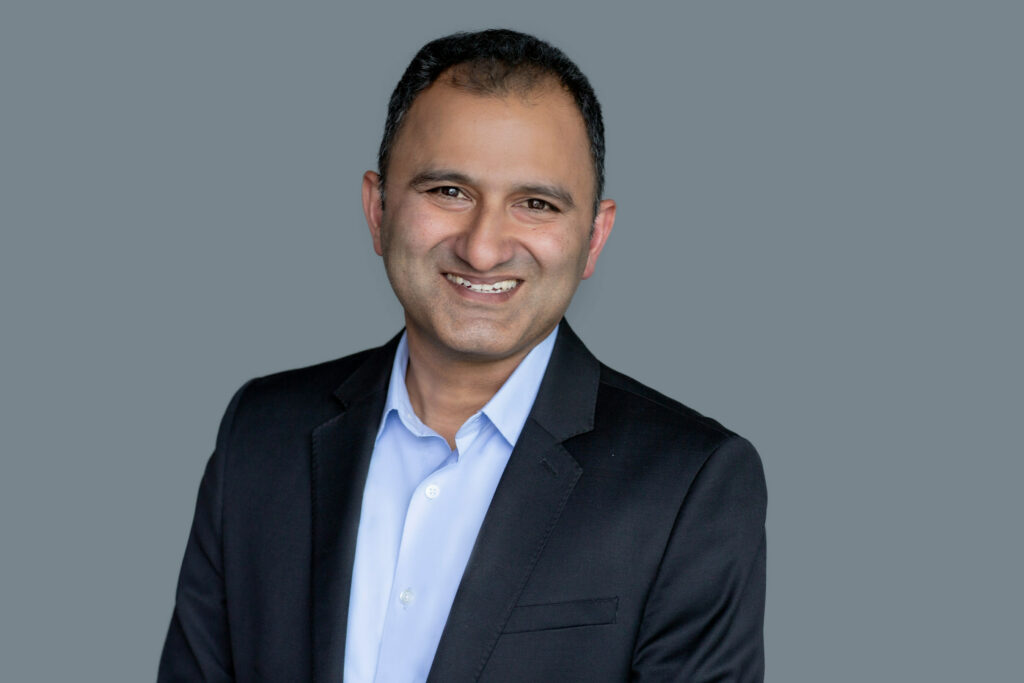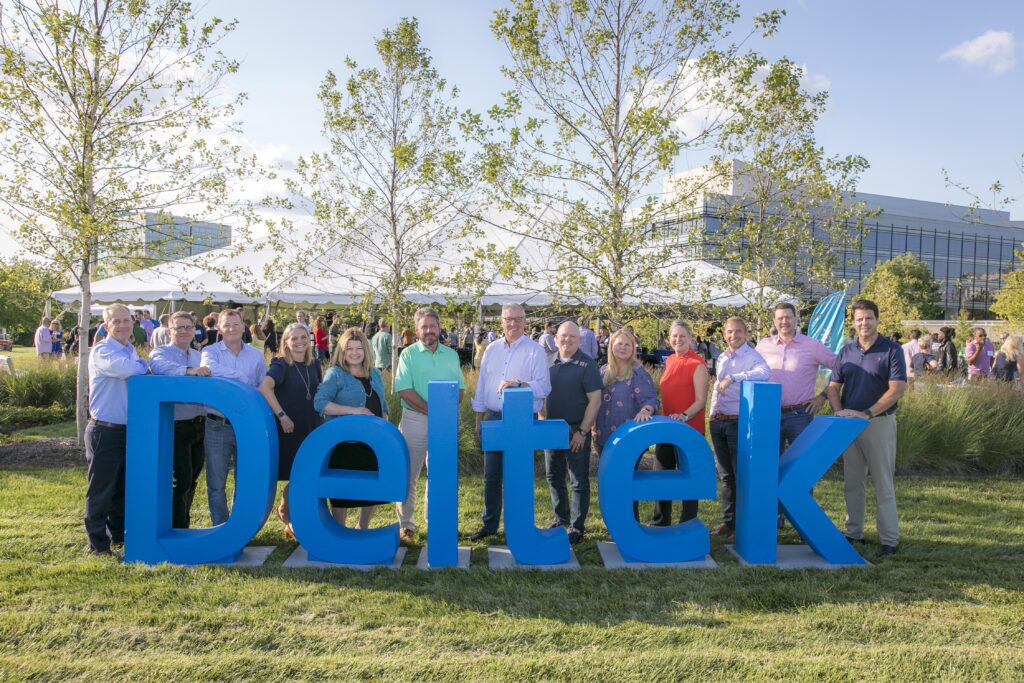Deltek, global provider of software and solution for project-based businesses, has launched its 4th Annual EMEA and APAC Clarity Industry Study: Trends and Insights for Architecture, Engineering and Consulting Firms.
The study has found that in EMEA and APAC, investment in technology was a top priority for 45 percent of professional services firms, followed by expansion into new markets (42 percent) and attracting new talent (40 percent).
It also highlights what decision makers in 2023 are mostly concerned with. According to the study, 63 percent were distressed by cyber-security risks and breaches, which narrowly beats concerns around recession (62 percent) and inflation (61 percent).
It appears that digital transformation will progress in the next five years, due to nearly two-thirds of A&E and consulting firms acknowledging that they will lose market share within two years if they fail to make progress in digital transformation. Currently 29 percent of firms rated themselves in “mature” or “advanced” stages of digital transformation, while 63 percent believe that these ratings will better reflect their firms in five years’ time. Two in five firms claim that they are ‘very’ well-prepared to implement their top priorities for digital transformation.
However, the industry anticipated a number of challenges to present themselves in these next five years. Half of the firms that were surveyed say that the adoption of Artificial Intelligence will be one of these, alongside developing the right knowledge and skills (49 percent), and keeping pace with changing client expectations (48 percent) will be top challenges.
The key performance indicators (KPIs) that are most likely to be tracked are margins (74 percent), net revenue (73 percent) and revenue factor (72 percent). On the other hand, the KPIs least likely to be tracked are backlog and net labor margin (both at 63%). When asked which KPIs are not tracked well enough, 27 percent of firms cited average collection period as the top, while 25 percent noted client profitability and 24 percent mentioned backlog as needing the most work.
Moving away from technology, 74 percent of organizations have placed more importance on corporate social responsibility (CSR) and environmental, social and governance issues (ESG) than they did at the start of 2022. A quarter of them feel that it is significantly more important now than it was before, while a fifth place equal importance and just 6 percent feel that it has become less important.
62 percent of firms agree that employees working in a socially responsible company feel a stronger sense of purpose than those working for other companies, which is important to know as Deltek’s research also found that 67 percent of A&E and consulting firms are planning to increase their workforce in 2023.
“The 2023 EMEA Clarity Report identified expansion into new markets (42%), attracting more talent (40%) and providing better client services (37%) as some of the top priorities for professional services business in 2023.When firms are looking for ways to better manage these priorities, Professional Services Automation (PSA) solutions can help. PSA software helps professional services companies like architects, engineers and consulting firms quickly identify opportunities to win, serve and retain customers by automating pipeline management, resource planning, expense and cost tracking and project financial management,” describes Megan Miller, Director of Product Marketing at Deltek.
Neil Davidson, group vice president for the Professional Services Sector at Deltek summarizes: “This year’s report shows how 2023’s global economic outlook is presenting the architecture, engineering and consulting industries with a variety of challenges. This has created a strong focus on investing in technologies to gain the competitive edge… In 2023, the most successful businesses will be those that re-evaluate their priorities and direction – particularly in the areas of maximizing investment returns, CSR and workforce management.”




